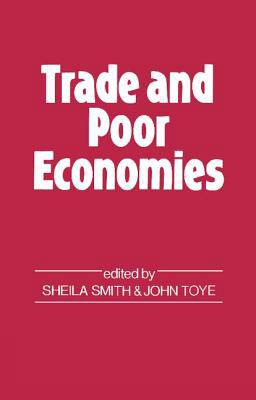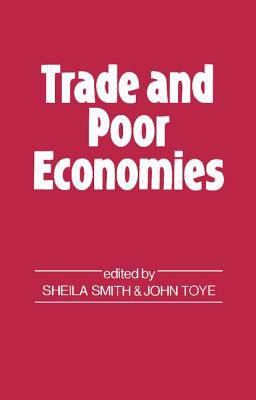
- Afhalen na 1 uur in een winkel met voorraad
- Gratis thuislevering in België vanaf € 30
- Ruim aanbod met 7 miljoen producten
- Afhalen na 1 uur in een winkel met voorraad
- Gratis thuislevering in België vanaf € 30
- Ruim aanbod met 7 miljoen producten
Zoeken
Omschrijving
First Published in 1979. Development economists, when they discuss the role played by international trade in a country's economic development, tend to tell one of three types of story. The first shows how the welfare of both (and by easy extension, all) countries which engage in trade is increased, even when one country is absolutely very rich and the other is absolutely very poor. The second, is a dull and detailed story about the way in which differences in economic structure between countries bias the gains from trade in favour of the rich, technologically advanced and industrialised economies and against the poor, low-technology agricultural economies. The third story asserts that trade and economic specialisation have actually caused the underdevelopment of the periphery of the world by the very same processes that have developed the capitalist metropolis. This volume brings together nine pieces of work that look trade and the poor economies of Ghana, Nigeria, Mexico, Brazil, Central America, Jute stocks and Third World Trade Trends and prospects.
Alleen bij Standaard Boekhandel
+ 513 punten op je klantenkaart van Standaard Boekhandel
Beoordelingen
We publiceren alleen reviews die voldoen aan de voorwaarden voor reviews. Bekijk onze voorwaarden voor reviews.













